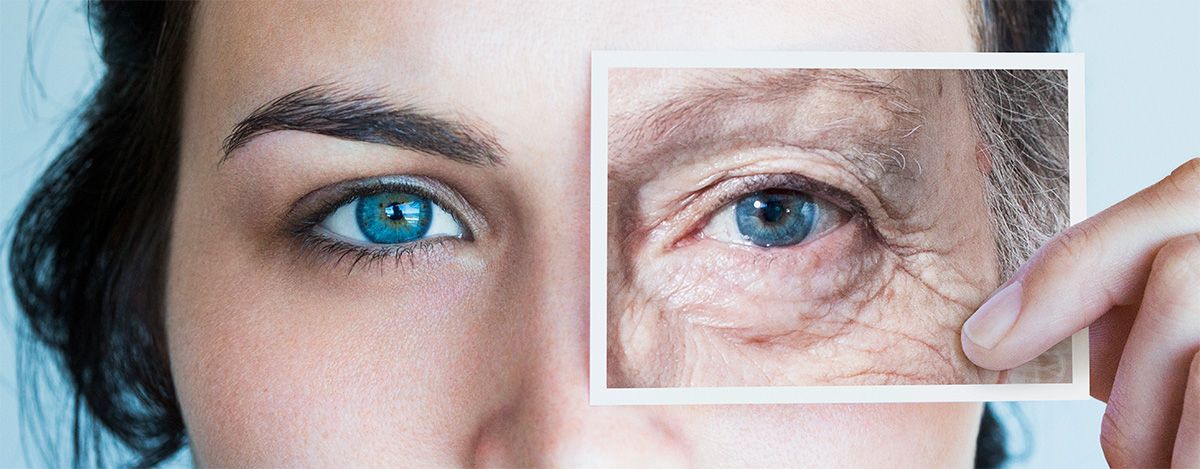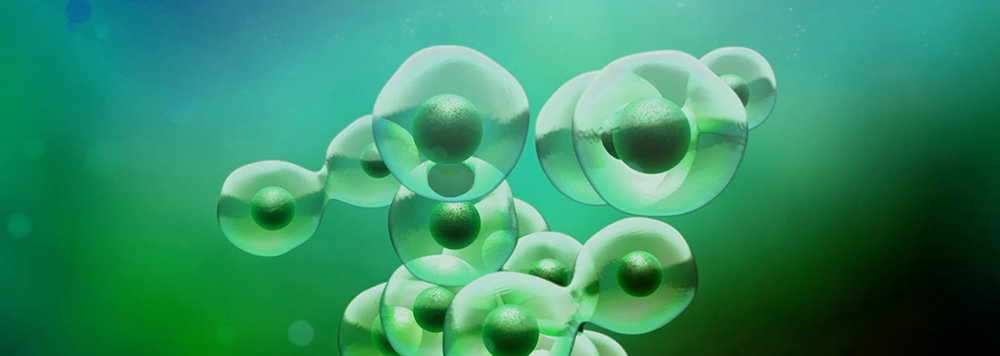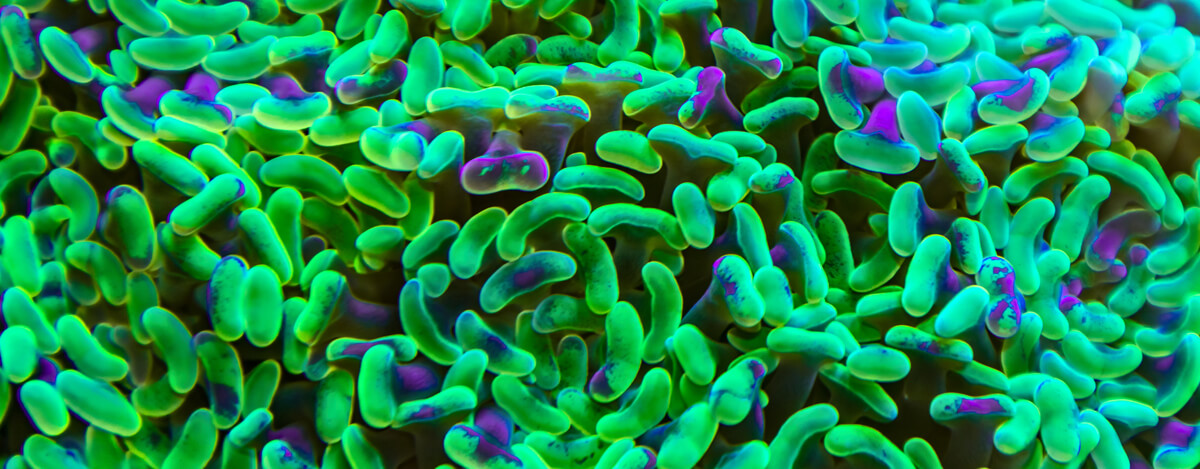
read time: 4 min
Health & Wellness, Nutrition, Fitness
Reducing and reversing the effects of aging
In 2013, Fauja Singh completed his last marathon. Running 26 miles at any age is impressive, but Singh really took it to the next level: when he ran his final race, he was 101 years old.
Wait, the story gets even better: Singh struggled with a walking impairment as a child and only picked up running in the 1990s. That means Singh didn’t even start running, let alone training for marathons, until he was in his 80s.1
Singh isn’t a superhero—he’s a normal man who’s been able to stay remarkably fit into his second century. We sometimes assume that getting older means we won’t be able to function as well, but Singh’s story suggests that doesn’t have to be true. In fact, it presents an intriguing proposition: what if getting older and declining health didn’t have to go hand in hand? What if it was possible to reduce or even reverse the effects of aging?
Can I really stop aging?
Let’s get the obvious out of the way: there’s no known way to completely stop or reverse aging. Barring finding the Fountain of Youth, we’re going to grow old and die at some point in our lives. It’s a natural part of the human experience.
There’s good news, though. It is possible to reduce the effects of aging on our bodies. Even better, about 70% of our longevity stems from lifestyle factors that we can control, rather than predetermined genetic traits.2 So, things like a healthy diet and exercise really can keep us vibrant, longer.
💪 Let's get physical
We don’t have to become marathon runners like Fauja Singh. But he’s a great example of something scientists and doctors have known for a long time: physical activity and exercise is really, really good for us.
We begin losing muscle mass every decade after around age 30. At first, we see a decrease of about 3-8% per decade. After age 60, though, we start losing muscle mass much more rapidly.3 As we lose muscle mass and strength, we see an increase in frailty and a loss of function, making us more vulnerable to falls and injuries.
Here’s where physical activity comes into play. Both resistance exercise training (like lifting weights or doing push-ups) and aerobic exercises (such as walking, running, or swimming) help prevent muscle loss—even in older adults.3 That means we have the power at any age to reduce or reverse age-related muscle loss.
Exercise doesn’t just help stave off muscle loss, though. When paired with healthy eating, physical activity can actually help our bodies fight off aging. Diets that are high in calories but don’t include exercise can be harmful because they suppress the expression of “longevity genes.” These are genes that promote cellular defenses against aging and age-related disease.4
If our goal is to keep our bodies feeling young and healthy, incorporating physical activity into our routine is an important first step.
😴 Catch some z’s
After all that exercise, our bodies will need a break. Luckily, getting enough sleep is an important part of staying healthy and aging well.
We spend approximately a third of our lives sleeping—that’s 20 full years by the time we’re 60 years old. In today’s busy world, it can be tempting to cut into our sleep time to get more done. But new research shows just how critical our sleep really is. A 2022 study followed participants’ sleep patterns over 25 years. Results showed those who slept less than 5 hours a night had a higher risk of developing chronic diseases.5
So, to stay healthier, longer, we need to make sure we’re getting about 7 to 9 hours of shut-eye every night.6
🍎 An apple a day
Since we were children, we’ve been told the importance of eating fruits and veggies. There’s good reason for that. Studies have found that cutting back on red meat and eating more legumes, whole grains, and nuts, along with vegetables and fruit, can help add years to our life expectancy.7
Here’s a real-life example. Researchers have studied communities around the world where an above-average lifespan (think 100 years or more) is the norm. Called “Blue Zones,” these communities exist in very different locations ranging from Japan to Italy to California, but they have certain lifestyles in common. One of those is a reliance on a largely plant-based diet, where beans are a main food group and meat is eaten sparingly.8
📅 Schedule that doctor appointment
To reduce the effects of aging and live longer, we need to make sure we’re operating at peak health for as long as possible. Regular testing and doctor visits help us know our baseline health and track changes that could indicate the beginning of disease or other issues. The sooner we can identify when something is off, the better chance we have of seeking treatment before it becomes a major issue.
Is there a quick fix to reversing aging?
Humans have been using products to help cheat aging and death for thousands of years. While we may not have alchemists peddling elixirs of life anymore, that doesn’t mean there aren’t a ton of products on the market claiming they hold the secret to reducing or reversing aging. Whether or not they work, however, is another story.
Procedures like Botox and some cosmetic products may help reduce the effects of aging on your skin and help you look younger. However, looking younger and actually becoming younger are two very different things. So that supplement from our local pharmacy or health food shop that promises to help reverse the effects of aging? Take that with a grain of salt. There just isn’t enough research yet on whether supplements or medicinal products can actually help increase our longevity.
That doesn’t mean research isn’t being done, however. Studies have looked at the anti-aging effects of drugs used to treat diabetes (metformin9 and acarbose10), immunosuppressive drugs (rapamycin), and drugs with antioxidant and anti-inflammatory properties (resveratrol)9. Even vitamin D has the potential to help us live longer lives.10
Results for some of these drugs seem to be promising, but don’t expect to find them popping up on pharmacy shelves any time soon. More studies and clinical trials are needed before anything can go to market. One day we may be able to buy a miracle pill that can stop, or at least slow, our aging. For now, though, lifestyle changes may be our best bet for living a longer, healthier life. Check first with a healthcare provider before initiating lifestyle changes, including exercise programs.
References
1 Dooney E. World’s oldest marathoner celebrated in a new kids’ book. Runner’s World. September 1, 2020. Accessed November 21, 2022. https://www.runnersworld.com/uk/news/a33851995/fauja-singh-keeps-going/
2 Hjelmborg JvB, Iachine I, Skytthe A, et al. Genetic influence on human lifespan and longevity. Hum Genet. 2006;119(3):312-21. doi: 10.1007/s00439-006-0144-y
3 Volpi E, Nazemi R, Fujita S. Muscle tissue changes with aging. Curr Opin Clin Nutr Metab Care. 2004;7(4):405-10. doi: 10.1097/01.mco.0000134362.76653.b2
4 Sinclair DA. Toward a unified theory of caloric restriction and longevity regulation. Mech Ageing Dev. 2005;126(9):987-1002. doi: 10.1016/j.mad.2005.03.019
5 Sabia S, Dugravot A, Léger D, et al. Association of sleep duration at age 50, 60, and 70 years with risk of multimorbidity in the UK: 25-year follow-up of the Whitehall II cohort study. PLoS Med. 2022;19(10): e1004109. doi: 10.1371/journal.pmed.1004109
6 Hirshkowitz M, Whiton K, Albert SM, et al. National Sleep Foundation's sleep time duration recommendations: methodology and results summary. Sleep Health. 2015;1(1):40-43. doi: 10.1016/j.sleh.2014.12.010
7 Fadnes LT, Økland J-M, Haaland ØA, et al. Estimating impact of food choices on life expectancy: A modeling study. PLoS Med. 2022;19(2): e1003889. doi: 10.1371/journal.pmed.1003889
8 Buettner D, Skemp S. Blue Zones: lessons from the world's longest lived. Am J Lifestyle Med. 2016;10(5):318-321. doi: 10.1177/1559827616637066
9 Klimova B, Novotny M, Kuca K. Anti-aging drugs—prospect of longer life? Curr Med Chem. 2018;25(17):1946-1953. doi: 10.2174/0929867325666171129215251
10 Garay RP. Investigational drugs and nutrients for human longevity. Recent clinical trials registered in ClinicalTrials.gov and clinicaltrialsregister.eu. Expert Opin Investig Drugs. 2021;30(7):749-758. doi: 10.1080/13543784.2021.1939306









